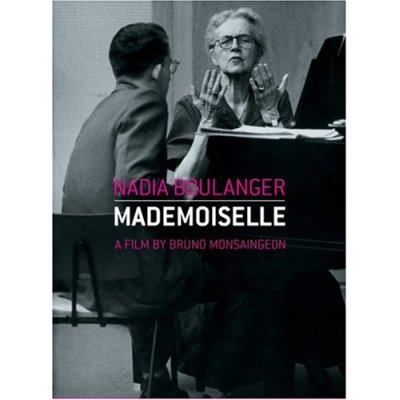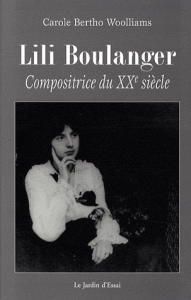Go Between + Nadia & Lili Boulanger
Beautiful opening of Joseph Losey’s Go-Between, music composed by Michel Legrand. (Script by Harold Pinter)
Elegant, tragic and yet oddly liberating – a viewer’s opinion
Michel Legrand who is known for The Umbrellas of Cherbourg and The Windmills of Your Mind provided the soundtrack for Go Between a memorable film starring Alan Bates and Julie Christie, directed by Joseph Losey and Harold Pinter. It was clearly a time to learn more about Michel Legrand and found another fact that seems to shed important light to history of 20 Century music.
Recently I learned that Michel Legrand studied compostion under Nadia Boulanger who seemed to have taught some of the important composers of the 20th Century such as Aaron Copland, Virgil Thompson, Elliott Carter, Quincy Jones, Michel Legrand, and Philip Glass.


Nadia Boulanger and Lili Boulanger
These two sisters made an extraordinary impact on French musical life, Lili being the first woman to win the much coveted Prix de Rome, and Nadia becoming perhaps the most influential musical teacher of the 20th century.
Madmoiselle focused on Nadia Boulanger as a teacher. The film does not provide biographical information and says nothing about her sister. Leonard Bernstein speaks fluent french in this film. He facetiously calls her followers the Boulangerie (French bakery).
Nadia Boulanger Three pieces (youtube) – Simply beautiful
Nocturne for cello and piano
Bao Peng plays Nadia Boulanger cello piece
Elliott Carter on Nadia (on youtube)
Lili Boulanger-Pie Jesu (Intro by Stan Brakhage)
Gregor Piatigorsky – Nocturne (Lili Boulanger) (1936)
Nadia Boulanger was born in Paris. Her emotional life was largely centered around her love for her sister, Lili Boulanger, who was six years younger, and whose care Nadia had been entrusted with by their father. Lili was one of Nadia’s first composition students, and it was largely under her guidance that Lili won the Prix de Rome, in 1913.
Nadia and Lili Boulanger had an interesting relationship. While she loved her sister unconditionally, Nadia always felt overshadowed by her sister’s compositional abilities.[original research?] She once said “If there is anything of which I am very sure, it is that my music is useless.”[1] Ten years passed between when Nadia Boulanger entered the Paris Conservatoire and when she placed second in the Grand Prix. Lili only spent one year in the conservatory before winning the first place prize with an overwhelming landslide vote.[citation needed] The death of their father in 1900 had been an important factor in Lili’s turn towards composing[original research?], and yet, after she died in 1918, Nadia Boulanger never composed again. Lili had asked her to complete her unfinished works, but Nadia did not feel her composing abilities were on par with her sister’s, and she felt she could not do the compositions justice (Via)
Related link: two sisters as musicians Jacqueline du Pre.